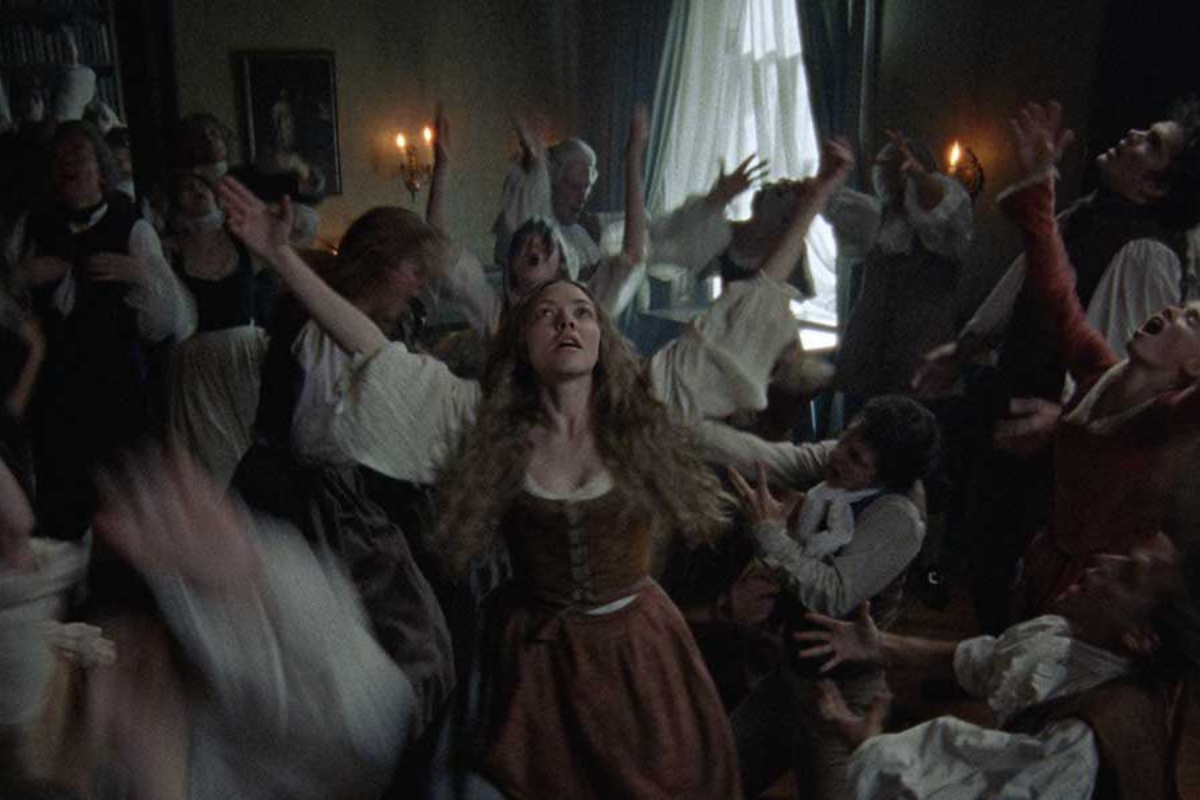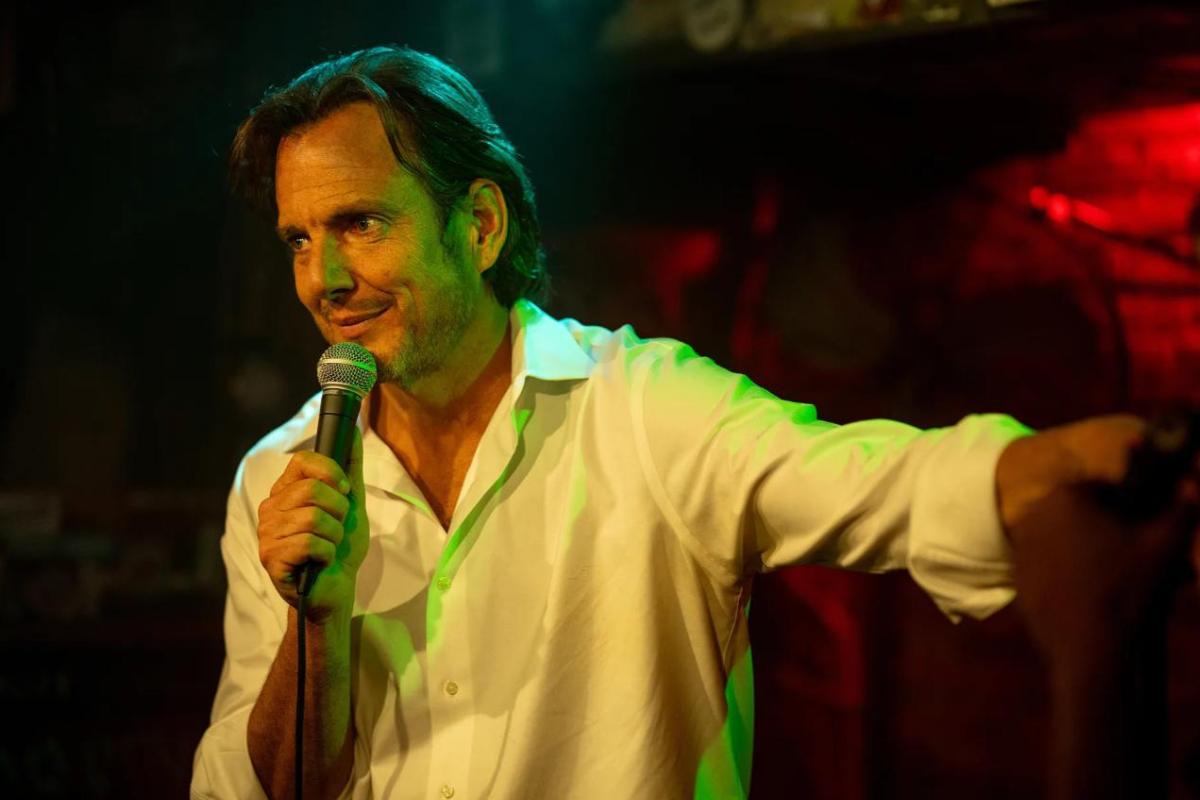Robert McKee Reviews The American
The storytelling in The American is at once minimalist and abstract. Minimalist in that of its approximately forty changes of time and place perhaps ten are true events, dynamic Turning Points for better or worse in the protagonist’s life.
Why The American is so Un-American
by Robert McKee
The storytelling in The American is at once minimalist and abstract. Minimalist in that of its approximately forty changes of time and place perhaps ten are true events, dynamic Turning Points for better or worse in the protagonist's life. The other three dozen scenes are non-events, extended pauses, static tensions filled with shadowy, muted images. The protagonist waits through days and nights thick-coated with moods of loneliness, meaninglessness, and dread. Abstract in the sense that the telling has been bled of virtually all detail and logic. Characters have no biographies; effects have no causes; motivations, even the most lethal, have no explanations; story holes gape.
In a word, this is a European film. As its pedigree would suggest. Other than George Clooney, the entire cast and crew, above and below the line, reside in the EU: British author Martin Booth wrote the underlying novel, A Very Private Gentleman; British screenwriter Rowan Joffe adapted Booth's tale; Dutch photographer/rock video maker, Anton Corbjin, directed; German musician Herbert Gronemeyer scored it. Berlin-based cinematographer Martin Ruhe stressed flatness and geometric patterns, so that like two-dimensional Eastern Orthodox icons, his images further abstract the telling.
Together they made an elegant film that succeeds in being what it wants to be: A refrain on the great European Minimalist Cinema tradition that runs from the Silent Era through every decade since: The Passion of Joan, Diary of a Country Priest, Umberto D, Naked, The Sheltering Sky, Paris Texas, A Heart in Winter, Leaving Las Vegas, and many, many more.
Generally, these works feature two primary set-ups: One, a social isolate as protagonist; someone utterly alienated from the world around them. Two, at the same time, the protagonist sits trapped in this world, bound by circumstances he cannot change. Stuck in a life with no real freedom, the loner protagonist has few, if any, choices. He just waits. Mood trumps emotion, repetition trumps progression, Being trumps Becoming. Each in their own way, these films express the grand theme known as the Existential Crisis. They sigh like pleas for meaning or prayers for light. Their protagonists stare into the backs of their heads, searching for an answer to the question: What is the point?
In The American, George Clooney's protagonist answers this hard-edged question with a soft, emotional choice: Love. More sentimental than the Minimalist tradition normally supports, but then why not? Has anyone got a better answer?
The film is a very good example of its kind, but the marketing is genius. Had they kept the book's title, A Very Private Gentleman, few would go. Changed to The American over a poster of George Clooney at sprint gripping a gun and the film hit #1 in its opening weekend's box office. That launch gives The American the high profile it needs before release to Europe and the other international markets. Abroad, this film will no doubt multiply its domestic revenues a few times over. Made on a modest budget, it is sure to earn a more than modest and well-deserved profit.
Top screenwriting and film publication, founded in 1989, published by Active Interest Media. Twitter: @scriptmag







